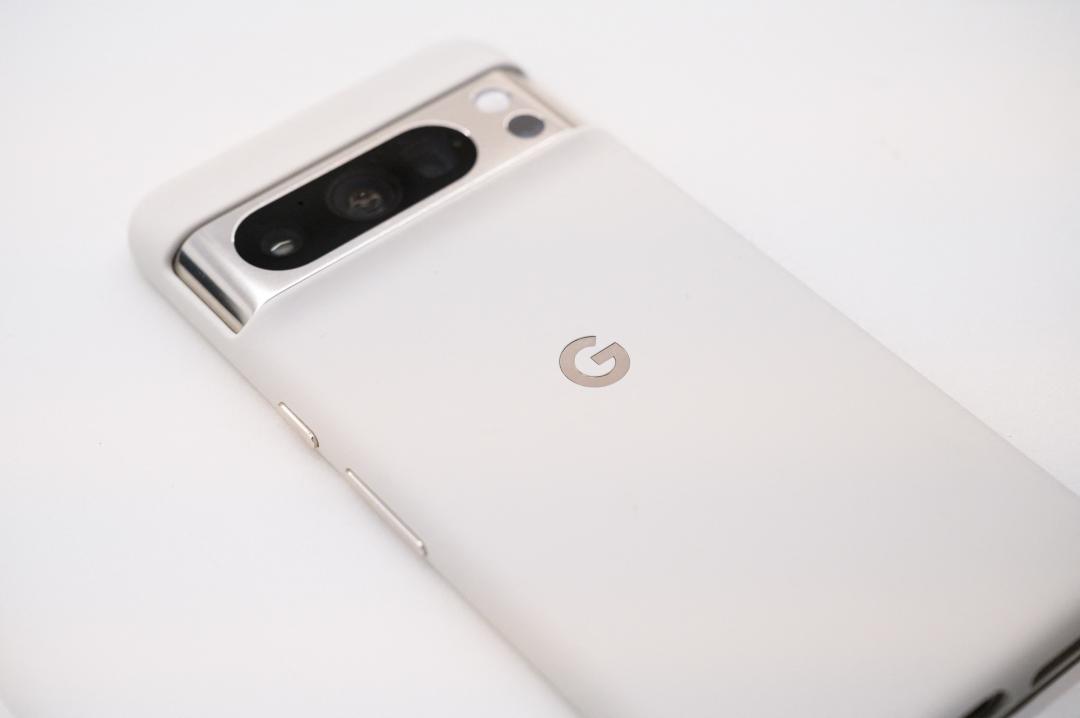surface收購
re elections are taking place.
The search giant confirmed to TechCrunch that it started rolling out the restrictions on Gemini to limit surfacing answers about election-related queries globally. TechCrunch understands that the update is already live in the U.S. and has begun rolling out in India and all major countries where elections are taking place in the coming months.
The shift highlights not only the role that generative AI has been playing, and has the potential to play, in the election process, but also Google’s concern about how the service might get weaponized, as well as produce inaccurate or misleading responses.
The switch in India comes just days after India issued an advisory requiring tech firms to get government permission before launching their new AI models.
Queries regarding political parties, candidates or politicians now return a preset message.
When a query about a particular political party or candidate is asked, Gemini shows a message: “I’m still learning how to answer this question. In the meantime, try Google Search.” In some cases, the tool can still be gamed. TechCrunch found the AI tool did show answers when passing on queries with typos. It’s likely that the responses will continue to be tweaked in a game of prompt engineering whack-a-mole.
Google Gemini restricting answers to election-related queries (left) but not when questions contained typos (right). Image Credits: Jagmeet Singh / TechCrunch
“Out of an abundance of caution on such an important topic, we have begun to roll out restrictions on the types of election-related queries for which Gemini will return responses. We take our responsibility for providing high-quality information for these types of queries seriously, and are continuously working to improve our protections,” Google said in a blog post related to the move in India earlier today.
The update was released just before the announcement of the general elections in India. Earlier this month, New Delhi issued an advisory to tech firms restricting them from releasing their new AI models in the country without government approval. After facing some backlash from global VCs and AI startup founders, the Indian government clarified that the restriction was for “significant” tech companies and not for startups.
The advisory followed a mini-scandal over Gemini and the Indian government last month. The AI tool, responding to a query about whether Indian Pr
 (圖/法新社)
(圖/法新社)
Google Pixel 8 帶來多項 AI 黑科技正式登場,許多谷粉好奇近幾代的過熱、耗電等問題,是否能藉由新一代 Tensor G3 晶片獲得改善?根據最新 Pixel 8 實機拆解,結果恐讓谷粉有些失望,Google 仍舊採用與上一代 Tensor G2 相同的製程技術。
外媒《Notebookcheck》報導,部分已經拿到 Pixel 8 實機的用戶開始釋出 CPU 跑分資訊,顯示 Tensor G3 採用的是三星 4LPP 製程技術,為九核心的 CPU 架構,超大核是 3.00 GHz 的 Cortex-X3,搭配 4 顆 2.45 GHz 的大核心 Cortex-A715,以及 4 組 2.15 GHz 小核心 Cortex-A510。
跑分測試結果亦顯示,Tensor G3 並未追上高通 Snapdragon 8 Gen 2,而僅接近 2022 下半年發布的 Snapdragon 8+ Gen 1。GPU 則有 Mali-G715 可以支援光線追蹤,不過 Pixel 8 Pro 的穩定性僅有 52.5-58.7% 之間,表現不算優異。
外媒《Wccftech》則指出,Tensor G3 使用的並非傳聞中的三星較新的 4LPP+ 製程,而是原有的 4LPP 製程,其功率效率表現較差,加上不見 Pixel 8 在的散熱結構有進一步改善,認為需要等到 Google 正式改與台積電合作,Tensor 晶片才能有所突破。。
日前《AndroidAuthority》曾報導,Google 預計要在 2025 年會實現晶片全自製,現在仍要仰賴三星的技術支援,預計明年 Pixel 9 升級仍會相當有限,要等到 2025 年的 Pixel 10、Tensor G5 晶片,才會是由台積電生產。
僅管 Pixel 8 效能不如同期 Android 旗艦,然而 Google 仍展現多項獨家的 AI 黑科技,Pixel 8 Pro 更是首款內建「生成式 AI 模型」的手機,而藉由 AI 達到一鍵修圖的「魔術修圖」,或是合成團體照片的「Best Take」,還有更強的夜間錄影功能。
surface收購
surface收購